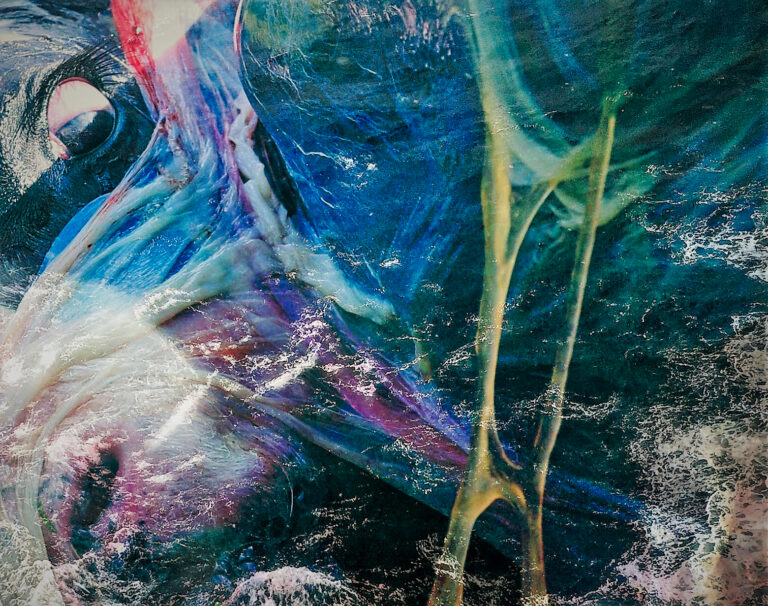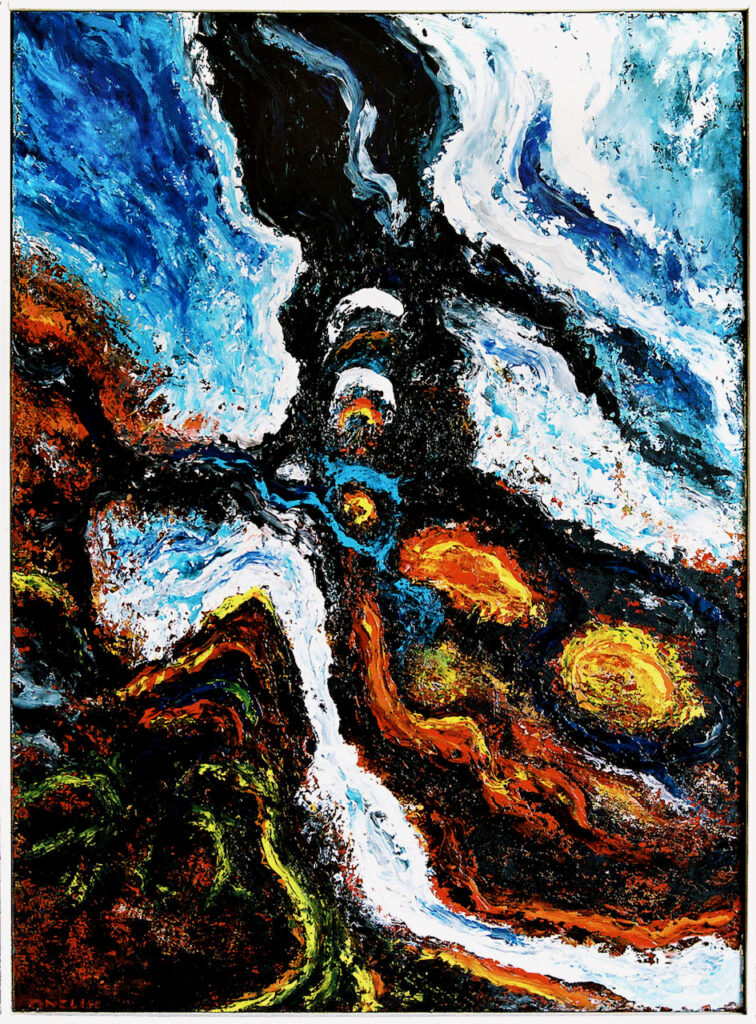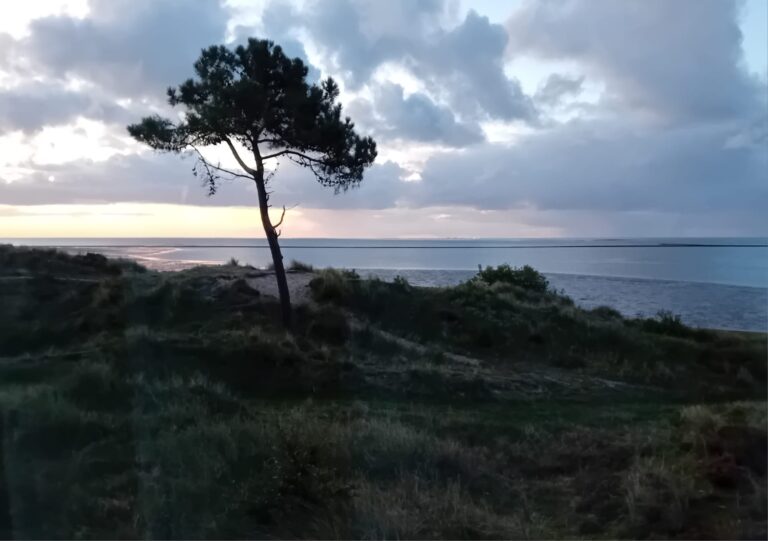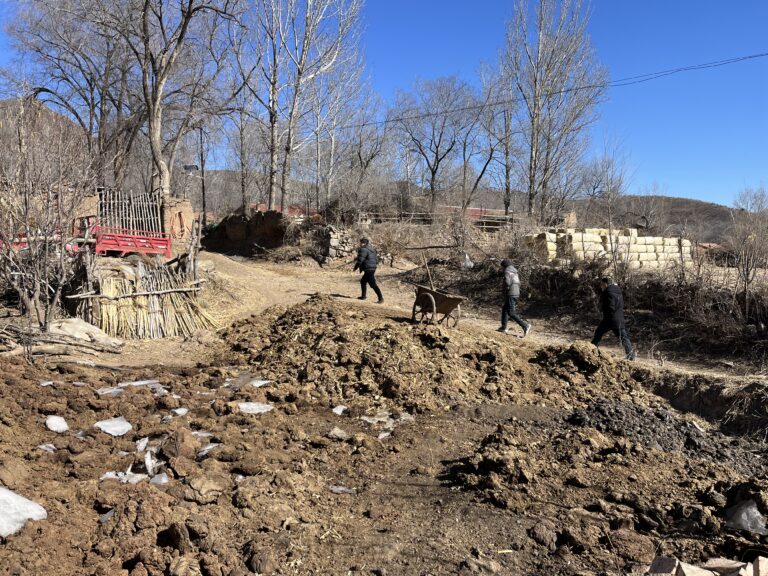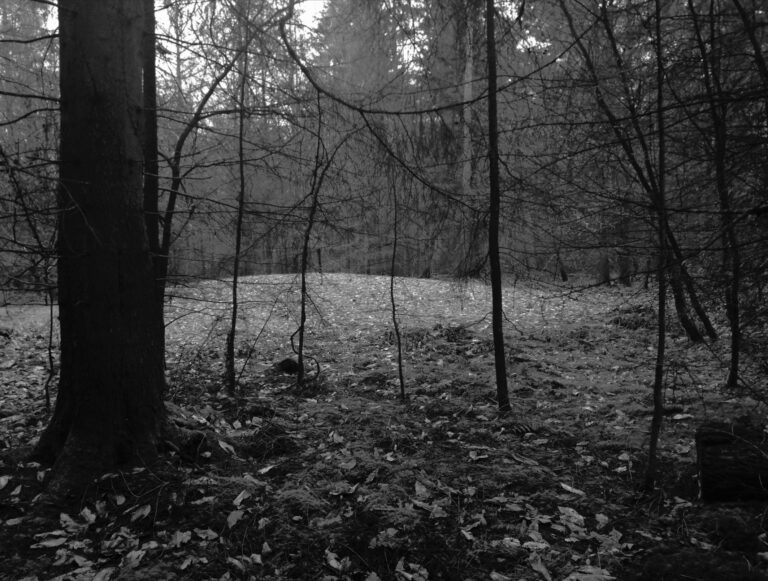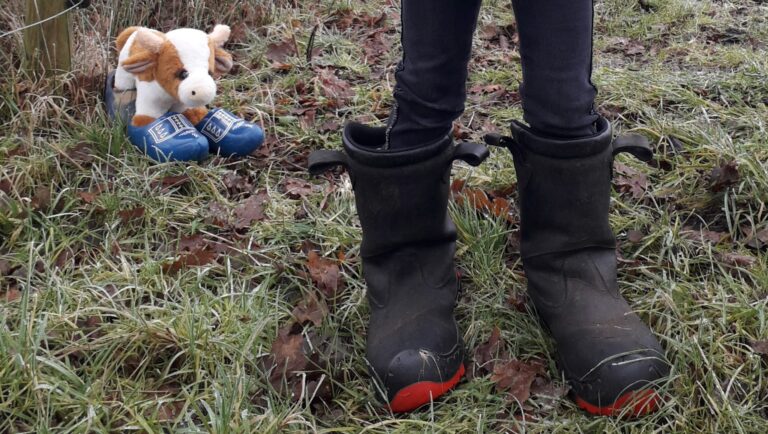Ina Schroders-Zeeders was the RIXT Poet of the Month in August. You can find the translation of her poem ‘the cathedral’ below. Her original Frisian poems are linked here.
the cathedral
to me the world looks like a cathedral
in scaffolding
built out of missed opportunities
the building
my fossil fuel
shakes due to underground wrath
of pillaged treasures
stones fall from the clock towers
one by one
assumptions and signs of good will
the proud flags of truths I remember
of democracy in power and a fair share
are frayed and broken
and the freedom they proclaimed
now just an illegal tent outside an asylum centre
the altar boys who were my innocence
are belting out false hymns
all of them plucked at one time
drunk from the communion wine
nope the kids aren’t alright
the doves of peace who crapped on stone saints
lie dead in the organ pipes
and when the old organist
wants to put my stubborn
conscience to work
pink clouds of blood and feathers rise towards the crumbling roof
leaks make the angels cry
here is under water
here rots away
grave after grave of ideals drowns beneath the stone floor
beneath the feet of the crippled sexton
who administers my soul
who doesn’t even shut the door anymore as he shuffles home
leaving me behind in the rain
© Ina Schroders-Zeeders
translation: Trevor Scarse


